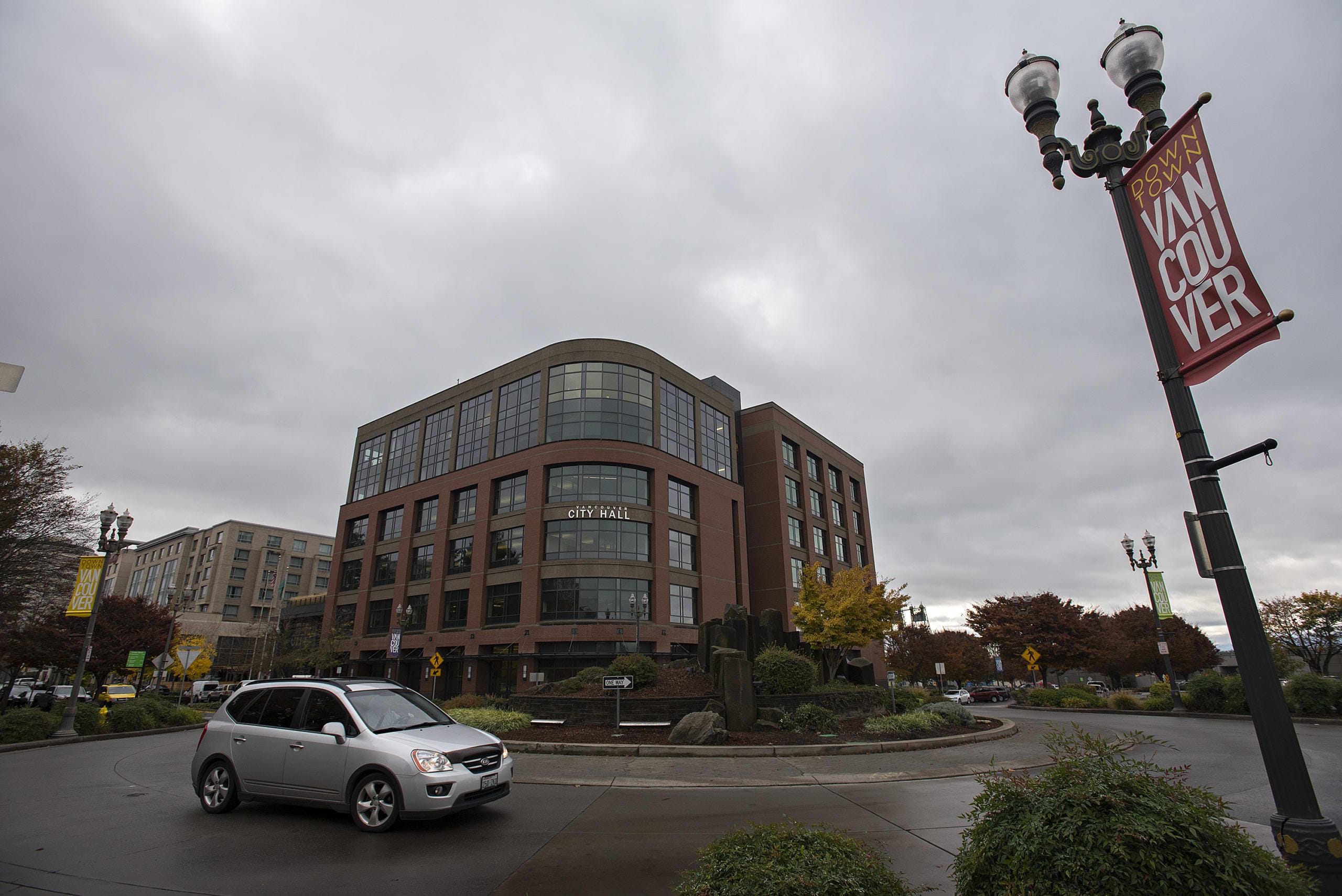A proposed apartment complex in downtown Vancouver was granted a tax exemption reserved for affordable housing projects last week, reviving conversations among the city council about how Vancouver defines affordability.
The project, Residences at Arnada, is a two-building, 83-unit apartment complex slated for the block bordered by 16th, 17th, D and E streets.
The developer, Portland-based Palindrome Communities, applied for and received a 10-year waiver on its property taxes through Vancouver’s Multifamily Tax Exemption Program on Monday.
In exchange, Palindrome pledges to set affordable rent on one fifth of its units — rent on 17 of the apartments will be set low enough that families making 80 percent of the area’s median income can afford to live there.
Affordability?
A tenant in Clark County needs to earn an annual salary of $47,680 to afford a studio apartment. The average renter in the county earns $33,580, according to the National Low Income Housing Coalition.
The waiver will save Palindrome an estimated $841,000 in property taxes over the next decade.
In addition to the tax waiver, the project received $850,000 from the city’s Affordable Housing Fund. To qualify for the fund, a portion of the affordable units need to be in reach for a family making just 50 percent of the area’s median income, driving rents down even further on a dozen of the 17 affordable units.
On paper, that means that the proposed rents in the complex are $806 to $1,290 for a studio; $863 to $1,600 for a one-bedroom; $1,382 for a two bedroom, one bathroom; $1,600 to $2,200 for a two-bedroom, two-bathroom; and $2,500 for a three bedroom, two bathroom.
Councilor Ty Stober said he was excited at the prospect of the “mixed-income environment” opportunity provided by such a wide range of monthly rent prices.
“We lack so much workforce housing in our city. Very few people are trying to build to that number. So I’m very excited that not only are they doing affordable, but they’re also doing workforce,” Stober said.
Inflated income
Glen Yung, a Vancouver resident and frequent participant in council meetings, pointed out during Monday’s public hearing that the metrics that the city uses to measure affordability still keep most of these units out of reach for the typical tenant.
“We’re using the word ‘affordability,’ but it’s not affordable. There’s a big transparency problem, and we need to address that,” Yung said.
In July, the National Low Income Housing Coalition’s annual Out of Reach report found that a tenant in Clark County needs to earn an annual salary of $47,680 to afford a studio apartment, $51,560 for a one-bedroom and $59,800 for a two-bedroom. The average renter in the county earns $33,580.
Rising rents keep home ownership out of reach for so many tenants, Yung added, and they’re caught in the cycle of using money to pay rent rather than save for a down payment. The city council should be setting stronger policies that make homeownership possible for more people, Yung said.
“Public is being asked to sacrifice in these situations,” Yung said, referring to the lost $841,000 in property taxes, “and they should get something for their sacrifice.”
Last week’s conversation wasn’t the first time the city council fielded skepticism over affordability as it applies to the tax exemption program.
In November, the city council deliberated over granting the exemption to an apartment complex now under construction on Block 10, the lot bordering Columbia and Eighth streets near Esther Short Park. The development qualified for an eight-year property tax waiver totaling $772,000 despite the rents — $1,496 per month for a studio up to $2,578 for a two-bedroom.
The high rent threshold stems from an income-based formula, broadly applied to the Portland metro area. Though administered by the city, the tax exemption program uses data collected by the U.S. Department of Housing and Urban Development. To calculate the area’s median income, the HUD formula groups Vancouver together with Portland and Hillsboro, Ore.
According to HUD, the region has a median income of $87,900 for a family of four. That’s considerably higher than the median household income in Vancouver alone, which as of 2017 was $55,593.
As a result, any apartment under $2,197 per month in Vancouver still counts as affordable under the tax exemption program.
“When you look at that, there are some extreme outliers in that data,” Mayor Anne McEnerny-Ogle said in November.
The Multifamily Tax Exemption Program has been in place since 2016, according to Peggy Sheehan, Vancouver’s programs manager. Over the past four years, the city has received exemption requests for 35 projects, with 31 approved; the program has helped attract 2,496 new housing units to the city, including 547 units that are income-restricted.




